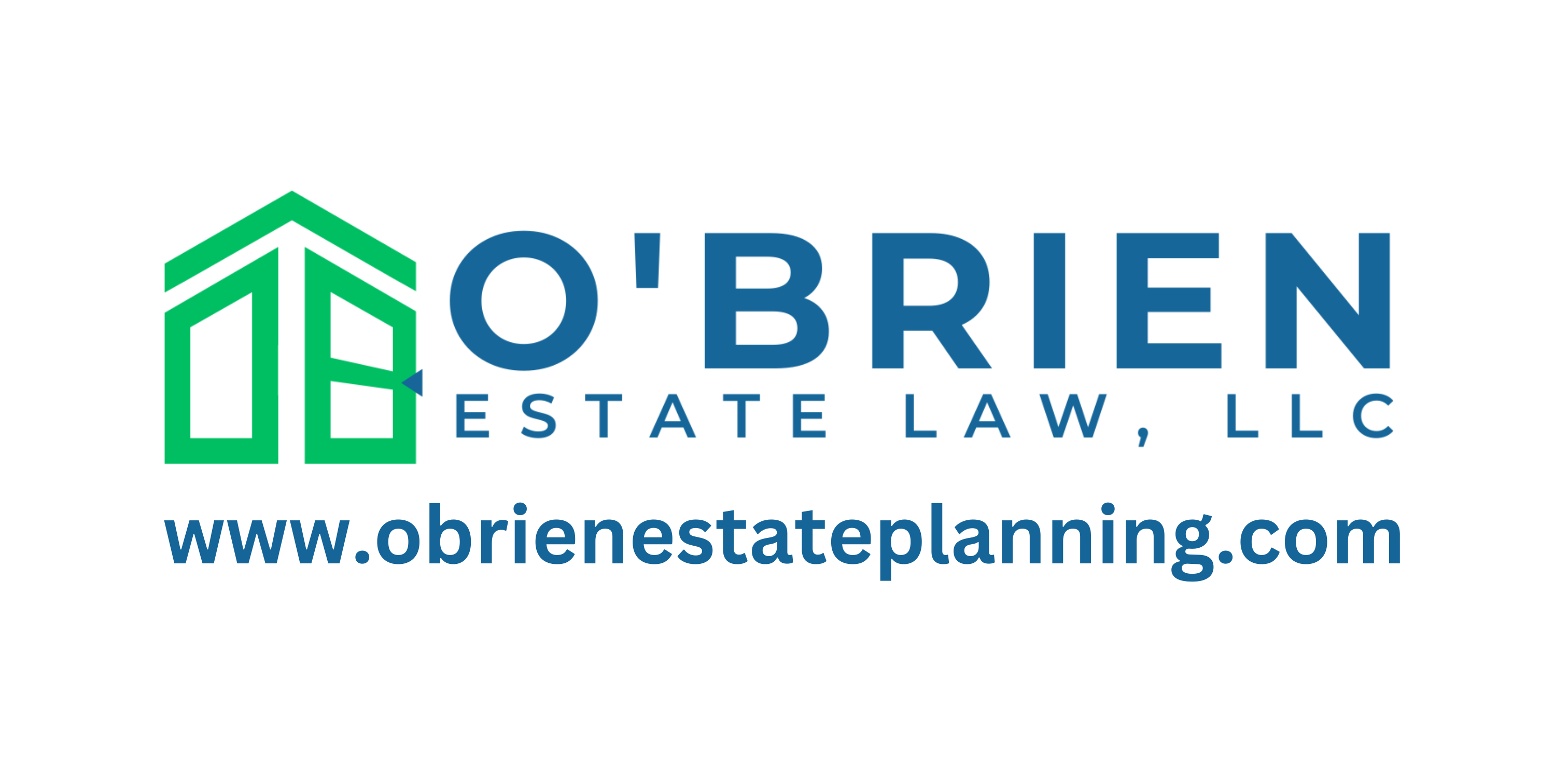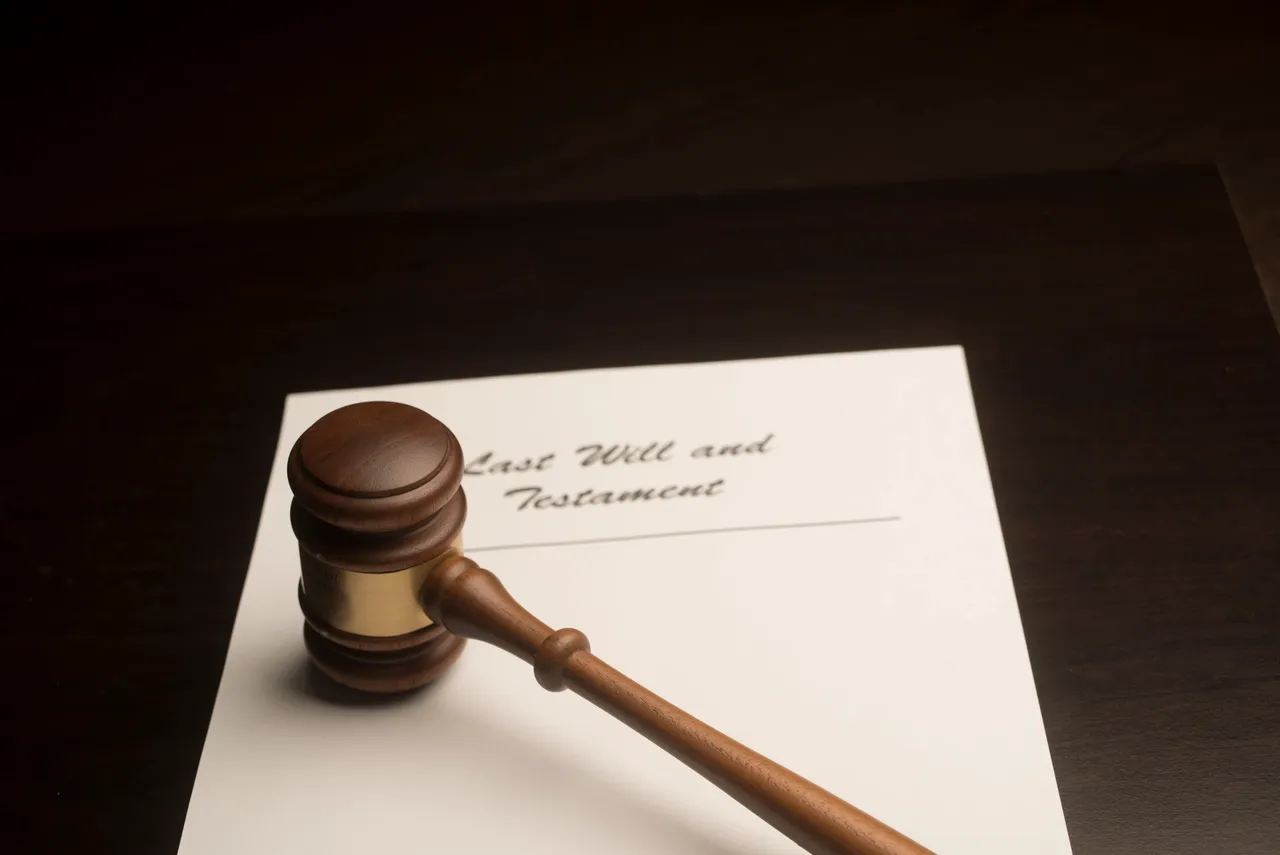Probate is a term often heard in legal discussions, especially in the context of wills, estates, and inheritances. But what exactly does it entail? In simple terms, probate for decedent’s estates is a formal legal process that deals with a person’s will after they pass away. It confirms the will’s validity and appoints the executor or personal representative who will administer the estate and distribute assets to the intended beneficiaries.
The specifics of probate can vary based on jurisdiction, so it is a good idea to consult an attorney to determine whether a probate proceeding is necessary, whether the fiduciary must be bonded (a requirement that is often waived in the will) and what paperwork is needed. Most of the time, probate proceedings are efficiently run but in some rare cases can become expensive or prolonged.
Whether or not you go through probate, someone still needs to take care of the person’s assets and keep track of them, whether it’s an executor during probate or am administrator because the assets were put into a living trust before the person died, or they were owned jointly. When planning your estate, it’s more important to focus on avoiding issues that can make probate tough, like heirs fighting in court.
The Probate Process
Probate typically begins when someone passes away, and their will (if they have one) is filed with the appropriate court. If there is no will, the deceased is said to have died “intestate,” and the court will follow the laws of intestacy to distribute the estate. The court then appoints an executor or personal representative, usually nominated by the deceased in their will or appointed by the court if there is no will. This individual is responsible for managing the estate’s affairs throughout the probate process.
Key Components of Probate
- Asset Inventory: The executor compiles an inventory of the deceased person’s assets, including real estate, bank accounts, investments, personal belongings, and any other property of value.
- Debt Settlement: Outstanding debts and taxes owed by the deceased are paid off using the assets of the estate. This may involve selling assets if there are insufficient liquid funds.
- Notification of Creditors and Beneficiaries: Creditors are notified of the death, allowing them to make claims against the estate for any outstanding debts. Beneficiaries named in the will (or heirs under intestacy) are also informed of their potential inheritance.
- Asset Distribution: After debts and taxes are settled, the remaining assets are distributed to the beneficiaries according to the terms of the will or the laws of intestacy.
Duration and Cost
The duration and cost of probate can vary significantly depending on factors such as the size and complexity of the estate, the presence of disputes among beneficiaries or creditors, and the efficiency of the legal process in the relevant jurisdiction. In some cases, probate can be completed relatively quickly and affordably, while in others, it may drag on for months or even years, consuming a substantial portion of the estate’s assets in legal fees and other expenses.
Probate Avoidance Strategies
Given the potential drawbacks of probate, many people seek to minimize or avoid it altogether through various estate planning strategies.
These may include:
- Creating a Living Trust: Assets held in a living trust bypass probate and can be distributed to beneficiaries according to the terms of the trust agreement, typically without court intervention.
- Joint Ownership: Holding property jointly with rights of survivorship ensures that it passes directly to the surviving owner(s) upon death, bypassing probate.
- Beneficiary Designations: Assets such as life insurance policies, retirement accounts, and payable-on-death bank accounts can be transferred directly to named beneficiaries without probate.
Conclusion
Probate is a vital legal process designed to ensure the orderly distribution of a deceased person’s assets and the settlement of their debts. While it can be time-consuming and costly, understanding probate and implementing appropriate estate planning strategies can help minimize its impact on your loved ones and preserve more of your assets for future generations. Whether you’re drafting a will, establishing a trust, or simply reviewing your beneficiary designations, consulting with a qualified estate planning attorney can provide invaluable guidance in navigating the complexities of probate and ensuring your final wishes are carried out effectively.
Remember, this information serves as educational and informational content only and is not a substitute for legal advice. Before making any changes to your estate plan, consult with a lawyer you trust to ensure your decisions align with your individual needs and circumstances. Click the link below to set up a meeting with O’Brien Estate Law, LLC, where we can discuss your specific situation and guide you towards a comprehensive estate plan.

